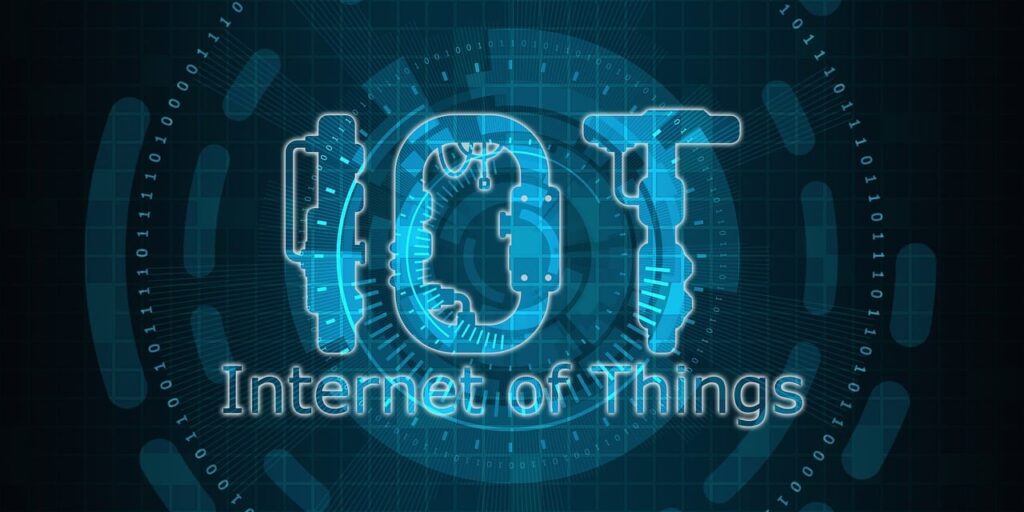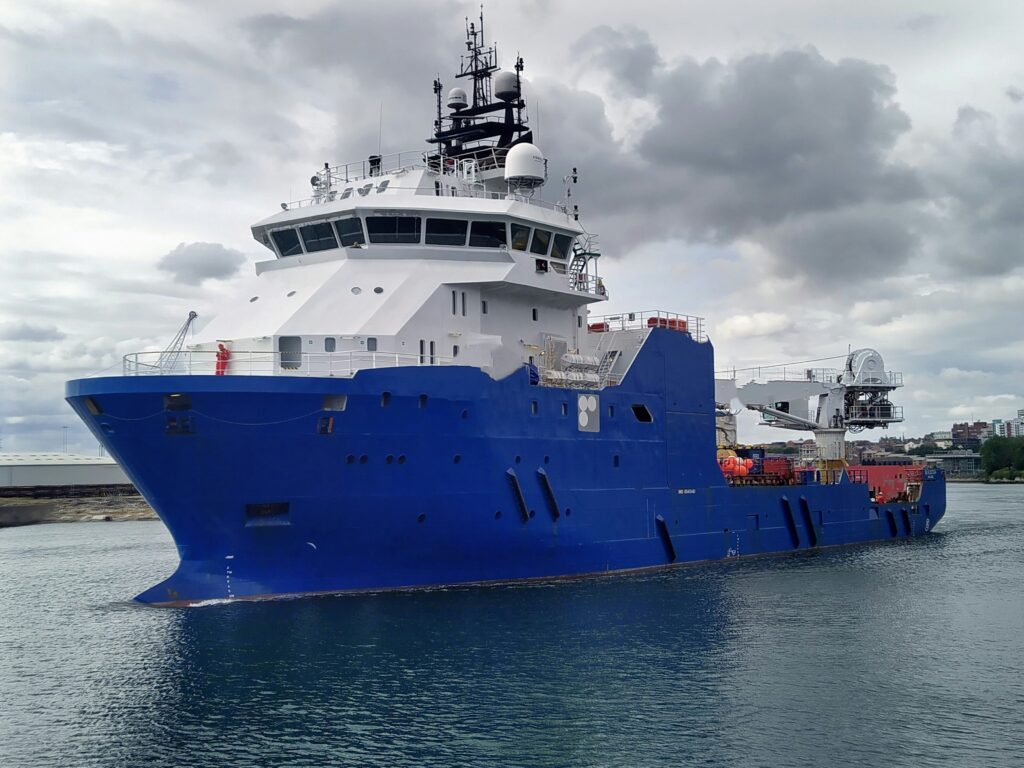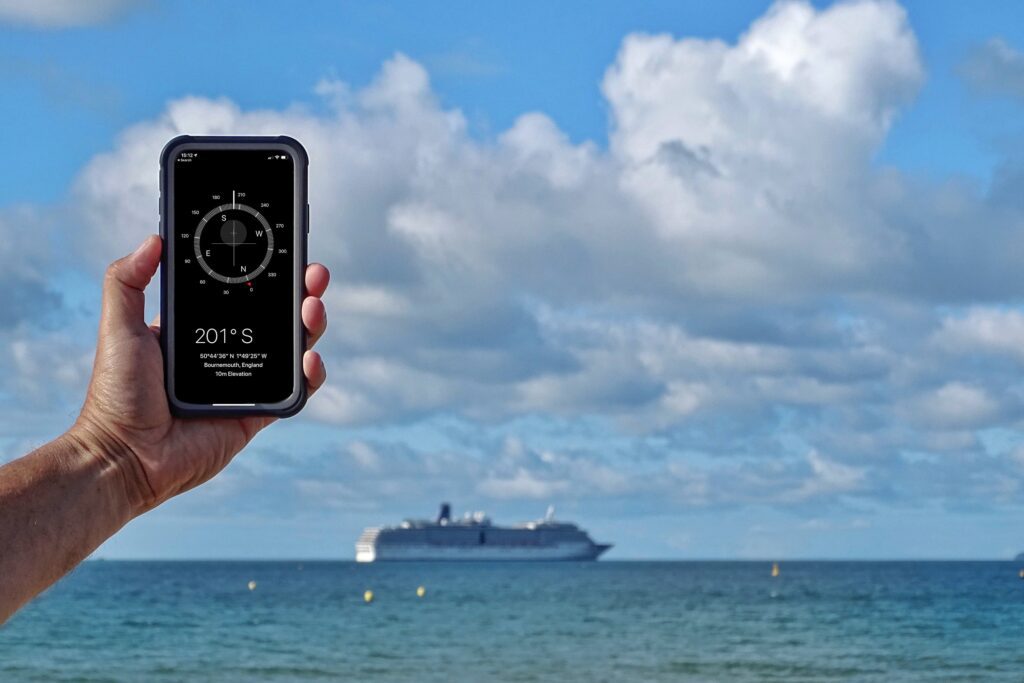Bunker Fuel Insurance: Risk Management Strategies and Market Dynamics

Introduction Bunker fuel insurance is a specialized form of marine insurance designed to protect vessel owners, operators, and other stakeholders from financial losses associated with risks related to bunker fuel used in maritime operations. This type of insurance typically covers a range of risks, including but not limited to, fuel contamination, supply chain disruptions, price […]
FAME Biofuels: Navigating the Future of Sustainable Energy

Introduction Fame Biofuel, officially known as Fatty Acid Methyl Esters (FAME), represents esters derived from fatty acids. These esters exhibit physical characteristics more akin to fossil diesel fuels than pure vegetable oils, with specific properties varying depending on the type of vegetable oil used. A combination of different fatty acid methyl esters is commonly referred […]
Fuel Cell Technology for Marine Propulsion

Introduction: Marine propulsion systems are undergoing a significant transformation as the maritime industry seeks cleaner and more sustainable alternatives to traditional fossil fuel-powered engines. In this context, fuel cell technology has emerged as a promising solution, offering the potential to revolutionize marine propulsion and drive the industry towards a greener future. Fuel cells are electrochemical […]
Cable Laying Ships: Navigating the Depths of Connectivity

Introduction: Cable laying ships are vital for our global communication network. They install and maintain undersea cables, showcasing impressive engineering. This article explores details like their fuel use, how they work, and current industry trends. There are majorly three types of cables: Telecommunication Cables Electric Control Cables Military Cables. Cable laying can take place on Coastline, Shallow […]
Radio-Frequency Identification (RFID) in Bunkering: Tracking Fuel Quality
Radio-Frequency Identification (RFID) technology has ushered in a new era of efficiency and safety in the oil and gas industry, particularly in the context of bunkering. With its ability to track, monitor, and ensure compliance, RFID has become an indispensable tool in safeguarding fuel quality throughout the bunkering process. Innovative RFID systems have transformed the […]
Automated Fuel Management Systems and the importance of mass flow meter in bunkering

Automated Fuel Management Systems (AFMS) can be defined as a comprehensive suite of technologies designed to automate, monitor, and optimize fuel-related processes on ships. The primary purpose of AFMS is to streamline the management of fuel consumption, providing ship operators with real-time insights and tools to make informed decisions. By automating tasks that were traditionally […]
IoT-Driven Innovations in Bunkering Operations

In the maritime industry, the evolution of technology has been transformative, and one of the most significant innovations revolutionizing operations is the Internet of Things (IoT). Specifically, IoT has emerged as a game-changer in bunkering operations, altering the traditional ways of fueling ships and enhancing efficiency, safety, and environmental sustainability. Real-Time Monitoring and Optimization IoT-enabled […]
Hydrogen powered OSVs: Challenges, Solutions and Opportunities

Introduction: Hydrogen-powered Offshore Support Vessels (OSVs) present a promising and sustainable alternative to traditional fossil fuel-powered vessels in the maritime industry. Unlike conventional vessels that rely on fossil fuels, hydrogen-powered OSVs utilize hydrogen as a clean energy source, emitting only water vapor and heat as byproducts. This innovative approach addresses the pressing need for reducing […]
Bunkering services and automatic identification system data on global scale

Introduction: Automatic Identification System (AIS) is a system that utilizes Very High Frequency System to transmit ship movement and technical data at specified intervals. Terrestrial AIS data is captured by ground stations in ports and along coasts; satellite-AIS (S-AIS) data is recorded by specially equipped satellites. The system’s protocol specifies the kind of data that […]
The Transformative Role of AI in Bunkering Operations

Introduction: The bunkering industry, a critical part of the global shipping industry, has traditionally relied on established practices and human expertise to procure and distribute fuel. However, as industries around the world embrace technological advances, artificial intelligence (AI) is making waves in the bunker industry, promising to streamline operations, increase efficiency and solve environmental problems. […]

